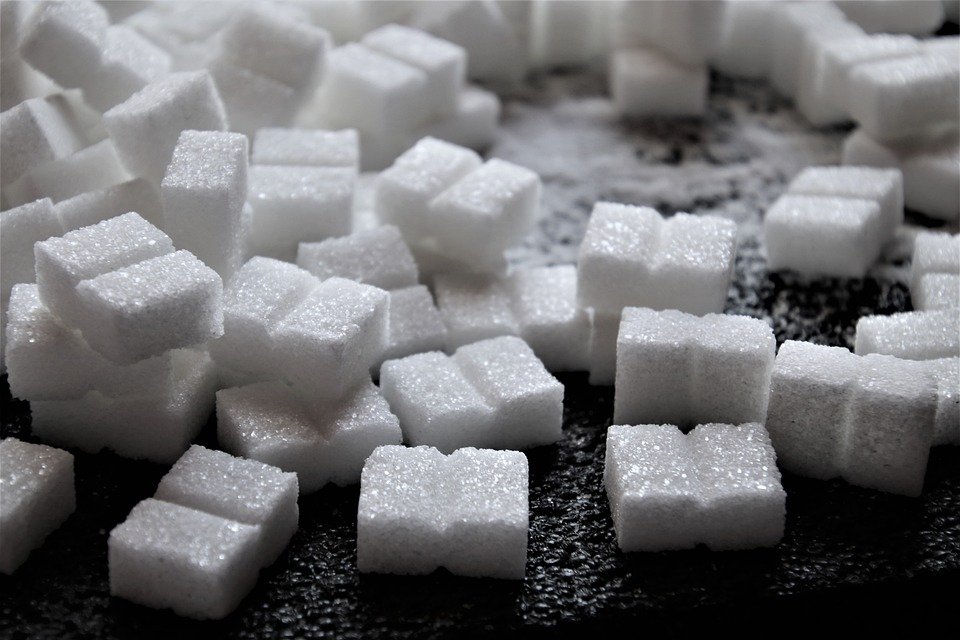The Importance of Carbohydrates for Exercise Performance
Carbohydrates, often referred to as carbs, are one of the three macronutrients needed by the body for energy. They are the body’s primary source of fuel and play a crucial role in exercise performance. Whether you are an elite athlete or a casual gym-goer, understanding the importance of carbohydrates for exercise can significantly impact your training and overall performance.
Why are Carbohydrates Important for Exercise?
1. Energy Source: Carbohydrates are the body’s preferred source of energy during exercise. When consumed, they are broken down into glucose, which is stored in the muscles and liver as glycogen. During physical activity, glycogen is converted back into glucose, providing energy for the muscles. Having adequate glycogen stores is crucial to sustain energy levels and prevent fatigue during prolonged workouts.
2. Intensity and Endurance: Carbohydrates are especially important for high-intensity and endurance activities. Activities such as running, cycling, and team sports require a constant supply of energy. Without sufficient carbohydrates, the body will rely on fat as an energy source, which is less efficient and can lead to early fatigue. Consuming carbs before and during exercise helps maintain optimal glycogen levels, allowing you to perform at your best for longer durations.
3. Muscle Recovery: Exercise, especially strength training, causes micro-tears in muscle fibers. Carbohydrates play a vital role in muscle recovery and repair. When consumed after exercise, carbs stimulate the release of insulin, which helps shuttle nutrients, including amino acids, into the muscles. This promotes muscle protein synthesis, leading to faster recovery and muscle growth.
4. Mental Focus: Carbohydrates are not only essential for physical performance but also for mental focus and concentration. The brain relies heavily on glucose as its primary energy source. During intense exercise, the brain requires even more glucose to maintain cognitive function. Consuming carbs before and during exercise ensures that the brain receives an adequate supply of glucose, enhancing mental clarity and focus.
5. Delayed Fatigue: Carbohydrates have been shown to delay the onset of fatigue during prolonged exercise. As glycogen stores become depleted, the body starts breaking down muscle protein for energy, leading to muscle fatigue and decreased performance. By consuming carbohydrates during long-duration activities, you can maintain glycogen levels, preserving muscle mass, and preventing premature fatigue.
FAQs:
Q: How many carbohydrates should I consume before exercise?
A: The amount of carbohydrates you should consume before exercise depends on the duration and intensity of your workout. As a general guideline, aim for 1-4 grams of carbohydrates per kilogram of body weight, ideally 1-4 hours before exercise.
Q: Should I consume carbohydrates during exercise?
A: If your workout lasts longer than 60-90 minutes, consuming carbohydrates during exercise can help maintain energy levels. Aim for 30-60 grams of carbohydrates per hour, in the form of sports drinks, gels, or easily digestible snacks.
Q: Are all carbohydrates created equal?
A: No, not all carbohydrates are created equal. Focus on consuming complex carbohydrates, such as whole grains, fruits, vegetables, and legumes, as they provide a steady release of energy and are rich in essential vitamins and minerals. Limit intake of simple carbohydrates, such as sugary drinks and processed snacks, as they can cause energy spikes and crashes.
Q: Can a low-carb diet improve performance?
A: While some individuals may adapt to low-carb diets and perform well, the majority of athletes and active individuals require an adequate intake of carbohydrates to support optimal performance. Low-carb diets can lead to decreased glycogen stores, impaired recovery, and reduced exercise capacity.
Q: Are there any risks of consuming too many carbohydrates?
A: Consuming excessive carbohydrates, particularly from unhealthy sources, can lead to weight gain, insulin resistance, and an increased risk of chronic diseases. It is essential to strike a balance and consume carbohydrates in conjunction with a well-rounded diet and exercise routine.
In conclusion, carbohydrates are a vital component of exercise performance. They provide the energy needed for physical exertion, enhance endurance, support muscle recovery, improve mental focus, and delay fatigue. By understanding the importance of carbohydrates and incorporating them into your exercise routine, you can optimize your performance and achieve your fitness goals.


